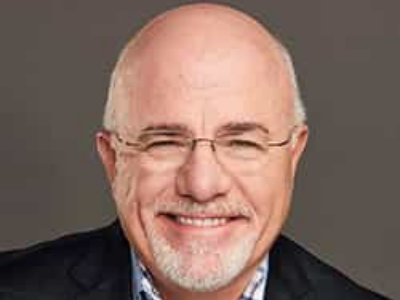United Nations to cut 25% of its global peacekeeping force in response to US funding strains
News > International News

Audio By Carbonatix
5:37 PM on Wednesday, October 8
By FARNOUSH AMIRI
UNITED NATIONS (AP) — The United Nations will begin slashing its peacekeeping force and operations, forcing thousands of soldiers in the next several months to evacuate far-flung global hotspots as a result of the latest U.S. funding cuts to the world body, a senior U.N. official said.
The official, who spoke on the condition of anonymity to discuss a private meeting, briefed reporters Wednesday on the 25% reduction in peacekeepers worldwide as the United States, the largest U.N. donor, makes changes to align with President Donald Trump's “America First” vision.
Roughly 13,000 to 14,000 military and police personnel out of more than 50,000 peacekeepers deployed across nine global missions will be sent back to their home countries. The U.N. support office in Somalia will also be impacted. That comes as the U.N. plans to cut about 15% of the peacekeeping force’s $5.4 billion budget for next year.
The senior official cautioned that these reductions will affect all areas of their work, including operations, as well as civilian and uniformed personnel. It’s unclear how and when civilians and those in conflict zones will be impacted, but they said it will be significant.
The U.N.’s peacekeeping department currently leads missions in countries including Congo, the Central African Republic, South Sudan, Lebanon, Cyprus and Kosovo. Each of the U.N.’s 193 member countries is legally obliged to pay its share toward peacekeeping. A few months ago, while U.N. Secretary General Antonio Guterres was lobbying countries like the U.S. to pay their share, he argued that, with a budget “representing a tiny fraction of global military spending — around one half of one per cent — U.N. Peacekeeping remains one of the most effective and cost-effective tools to build international peace and security.”
The decision to institute a major overhaul of the peacekeeping force — known globally for their distinctive blue berets or helmets — followed a meeting Tuesday between Guterres and representatives from major donor countries, including Mike Waltz, the new U.S. ambassador to the United Nations. Waltz and other Trump administration officials have argued that the U.N.'s budget and agencies are bloated and redundant, pledging not to make any further voluntary or involuntary contributions until the State Department has assessed the effectiveness of every single U.N. agency or program.
In a TV interview last week, Waltz said that the U.S. is focused on getting “the UN back to basics of promoting peace, enforcing peace, preventing wars.”
He added, “We have to cut out all of this other nonsense.”
U.N. peacekeeping operations have grown dramatically. At the end of the Cold War in the early 1990s, there were 11,000 U.N. peacekeepers. By 2014, there were 130,000 in 16 far-flung peacekeeping operations. Today, around 52,000 men and women serve in 11 conflict areas in Africa, Asia, Europe and the Middle East.
The U.S. outlined that it would commit $680 million to nine of those peacekeeping efforts, a significant reduction from the $1 billion payment the U.S. had made this time last year, the U.N. official said. That funding will be accessible for all active missions, especially those the U.S. has taken special interest in, such as peacekeepers in Lebanon and the Democratic Republic of Congo.
Contributions from the U.S. and China make up half of the U.N.'s peacekeeping budget. Another senior U.N. official, who also requested anonymity to discuss private talks, said China has indicated it will be paying its full contribution by the end of the year.







